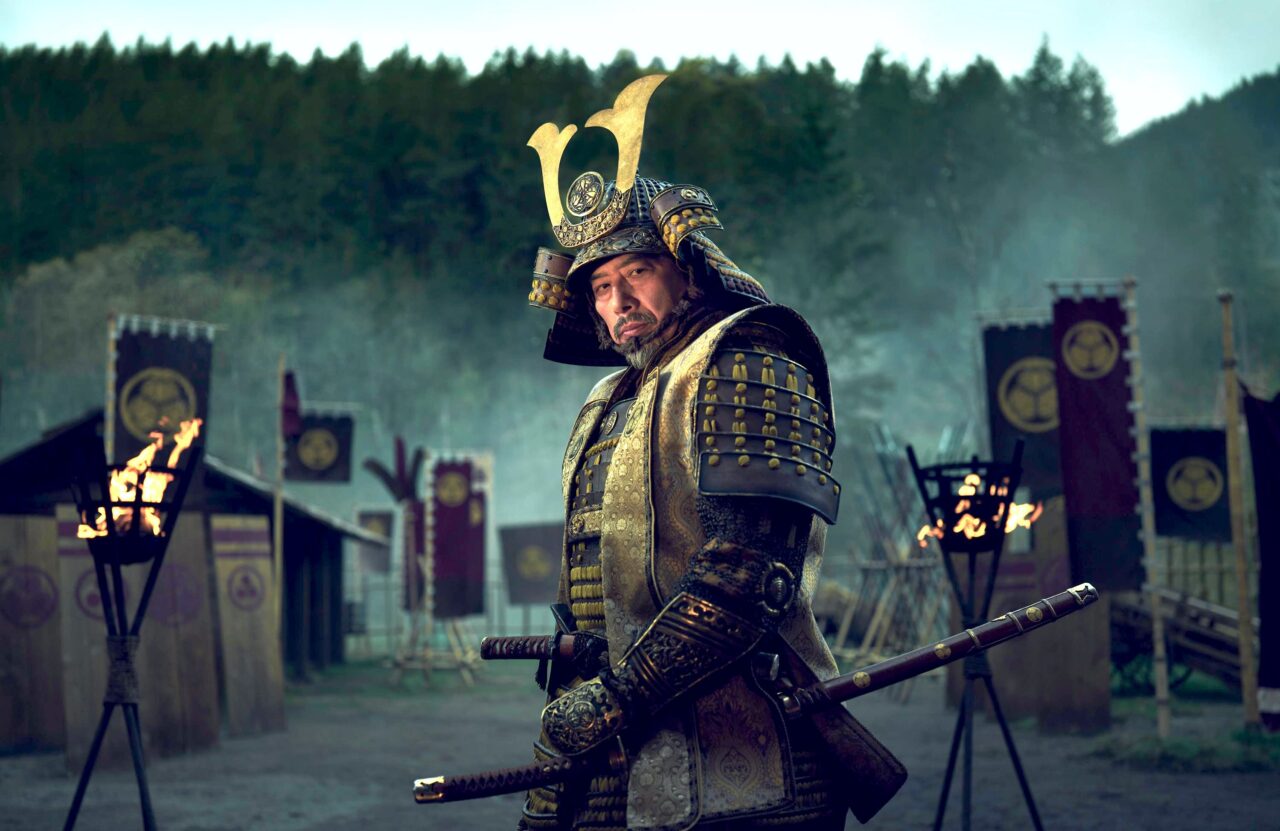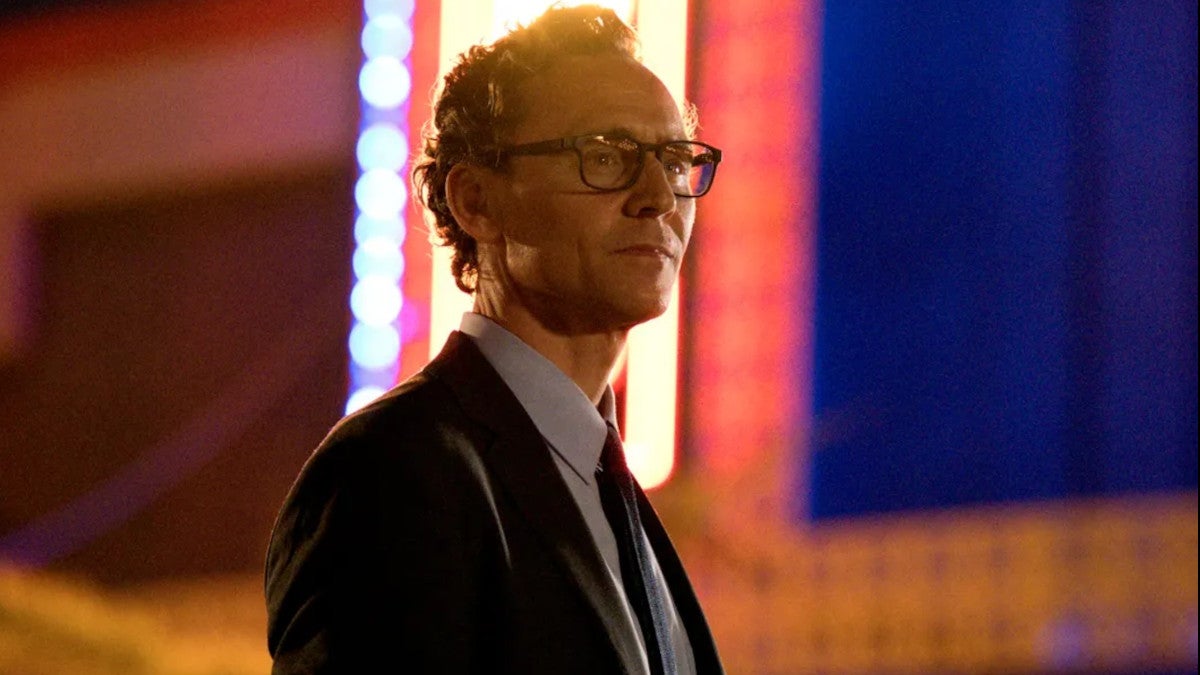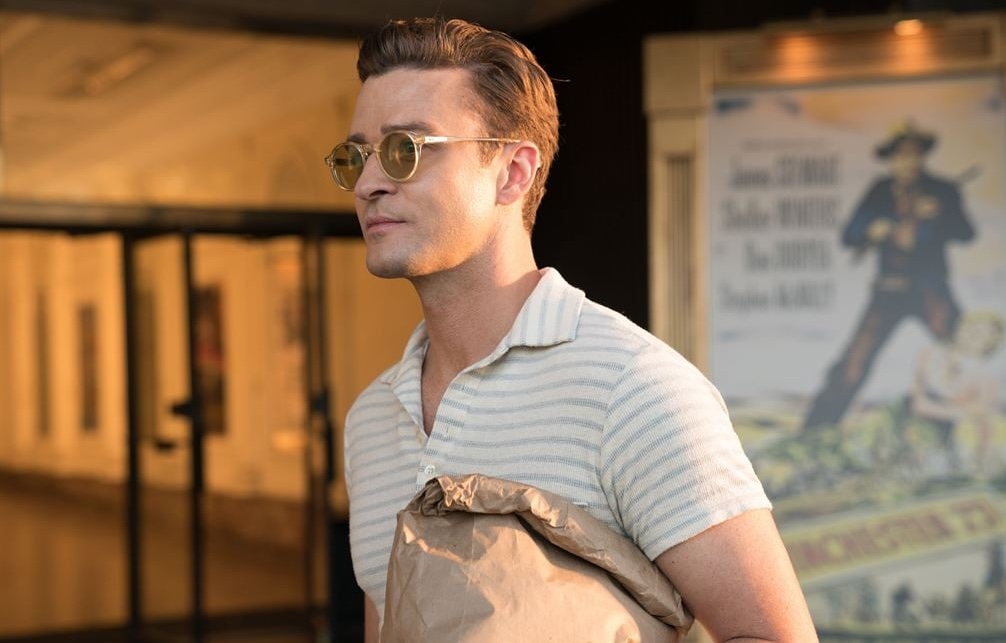Shōgun has made Emmys history as the first ever non-English language series to win for best drama.
The historical epic, based on the 1975 novel, picked up four awards during the evening, including Emmys for lead stars Hiroyuki Sanada and Anna Sawai, the first Japanese actors to win their respective awards.
Sanada said the show taught him that “when people work together, we can make miracles, we can create a better future together”.
Earlier this month, Shōgun made history at the Creative Arts Emmys, where many technical and guest acting trophies are given, winning 14 awards in on
In an unprecedented move at the Emmys, the non-English language series “Shōgun” has broken records by securing the award for best drama, marking a historic moment for the event. The series, which draws its narrative from the 1975 novel of the same name, emerged victorious in four categories, notably celebrating the achievements of Hiroyuki Sanada and Anna Sawai, who have become the first Japanese actors to clinch their respective categories. Sanada, reflecting on the show’s journey, shared a message of unity and the collective power to shape a brighter future.
Earlier in the month, “Shōgun” had already made waves at the Creative Arts Emmys, scooping up 14 awards, setting a new record for the most wins by a series in a single year. This year’s Emmys, held later due to last year’s postponement caused by dual strikes in Hollywood, saw “Succession” taking centre stage in January.
Comedy accolades were dominated by “The Bear”, which won four Emmys, including acting awards for Jeremy Allen White, Ebon Moss-Bachrach, and Liza Colón-Zayas, who triumphed over industry heavyweights like Meryl Streep and Carol Burnett. Colón-Zayas’s acceptance speech was a rallying cry for Latina representation and civic participation.
“The Bear” has now become the most awarded comedy season in the history of the Emmys, a fact humorously acknowledged by hosts Eugene and Dan Levy without delving into the debate over the show’s genre classification.
“Baby Reindeer” also made a notable impact, securing four awards, including for limited or anthology series, with Richard Gadd and Jessica Gunning taking home acting honours. Gadd, in his acceptance speech, offered a poignant message of resilience and hope, urging creatives to embrace risk and innovation.
The upcoming defamation trial against Netflix, set for May next year, over “Baby Reindeer” adds a layer of controversy, with the alleged real-life inspiration for the show claiming negative repercussions from its portrayal.
In other categories, Lamorne Morris and Steven Zaillian were recognised for their work in “Fargo” and “Ripley”, respectively, while Jodie Foster’s performance in “True Detective: Night Country” earned her a first Emmy, triumphing over Naomi Watts and Brie Larson.
“The Crown’s” final season saw Elizabeth Debicki winning best supporting actress in a drama series, a first for her portrayal of Princess Diana. Meanwhile, Billy Crudup and Will Smith were honoured for their roles in “The Morning Show” and “Slow Horses”, respectively.
“The Traitors” US edition outperformed RuPaul’s Drag Race to be named best reality competition program, with Alan Cumming winning best host at the Creative Arts Emmys.
Despite high expectations, several shows including “Mr and Mrs Smith”, “Only Murders in the Building”, “Fallout”, and “Abbott Elementary” left empty-handed.
The event was also marked by nostalgic cast reunions from “Happy Days”, “Saturday Night Live” in its 50th year, and “The West Wing”, with Richard Schiff humorously commenting on the surreal nature of current political headlines compared to those of 25 years ago.
Co-host Dan Levy wittily described the Emmys as a celebration of film stars on streaming platforms by broadcast TV, while political commentary and calls for greater industry diversity, notably from John Leguizamo, punctuated the night’s speeches, reflecting on both progress made and the journey ahead for representation in television.
News Team





